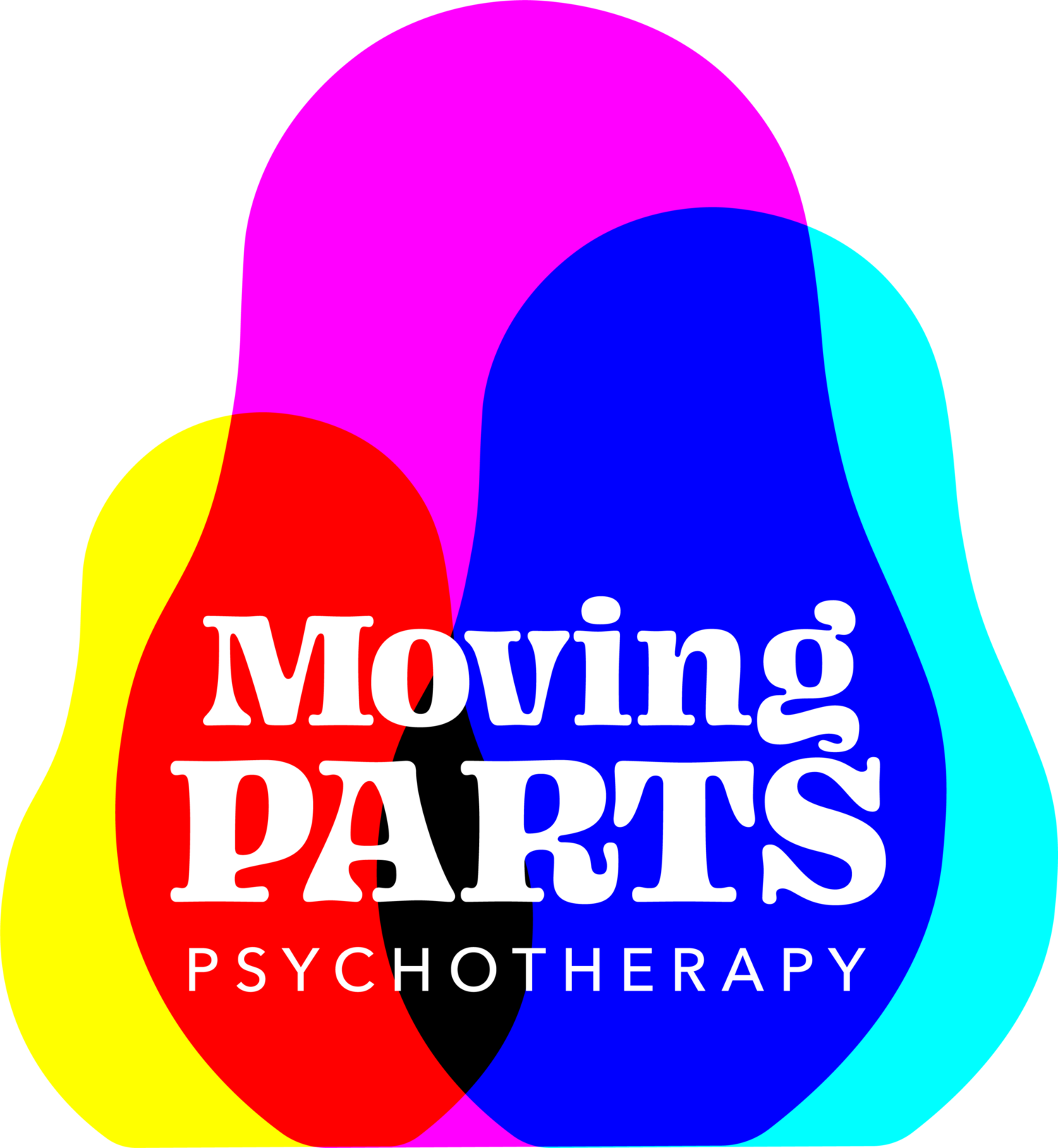5 books that transformed my view of trauma
Books have always been companions for me. As a child, they came along with me on long and short trips. Even car rides to the store could be time for me to get in a quick read, waiting on edge to find out what would happen next. In high school, I enjoyed making meaning of the books I read. Dissecting why Fitzgerald placed The Eyes of Dr. T.J. Eckeleberg where he did in the story. In my 20’s I felt lost. I had recently experienced a series of traumas that left me feeling hopeless. For a long period of time, I stopped reading, instead turning to writing. I tried again and again to write my trauma narrative but I was too close to the traumas to get anything out.
After moving to Austin and away from my trauma, I found books once again. The eyes of T.J. Eckeleberg no longer looking over me, instead I found myself in self help books. I began devouring books that seemed to hold the promise of helping me to move past this excrutiating time in my life. These books helped me find myself in more ways than one. It was in these pages that I found I enjoyed learning about mental health. Not just because it felt helpful, because it felt fascinating.
In graduate school and my early days as a therapist, I armed myself with books. My bag was constantly filled with the wisdom of my therapy predescessors. These books were heavy. Their words informing how I viewed the world, causing me to think and shift my perspective. Untangling myself from my own past and the ways I viewed myself. Offering pages that made me feel held as I learned to hold clients in their own pain.
I want to share 5 books that transformed my view of trauma, as a healer who is healing.
The Heart of Trauma by Bonnie Badenoch
2. “What Happened to You?” by Oprah Winfrey and Bruce Perry
When folks ask me for books to accompany them on their healing journey, this is the title I recommend most often. Learning about trauma can be both relieving and triggering. It’s helpful to understand what happens in our brains and bodies in response to distressing events. There can also be retraumatization, and even grief, as we’re learning. Oprah and Perry take great care to acknowledge the intensity of these learnings, weaving check in’s throughout the book. It is conversational and digestible as if listening to your two best famous and immensely intelligent friends chat. Due to the care they take in acknowledging the triggering nature of the material, this is the book that is first on my list when new clients ask what they can read to learn more about trauma and healing.
3. “Complex PTSD: From Surviving to Thriving” by Pete Walker
An essential read for clients and therapists alike. This book helps us to understand the nuances of how relational trauma embeds within us. When we experience wounds from our earliest relationships, it imprints in a different way than a one-time traumatic event. Walker uses his own experience as a survivor of cPTSD to offer support in trauma recovery for others. It was Walker who coined the term “fawning” or “fawn response” as a fourth threat response engaging our need for connection to keep us safe. Though not in the DSM, the nuances of complex trauma are so very important for all therapists to know. The nuances of how we treat complex trauma are also so very important for therapists to know. It requires a special sensitivity we must uphold for safety is at the center of this work.
4. What My Bones Know by Stephanie Foo
While research and leaders in the field are important, listening to the voices of trauma survivors is essential. Stephanie Foo’s memoir of healing provides insight and hope in healing from complex trauma. Some of the most poignant writings are when Foo shares excerpts from her therapy sessions along with her own experience of the sessions as well as her therapist’s. Through her words, we see the depth of trauma therapy and how vital the relationship with one’s therapist is. She also offers hope to those in the midst of their own healing. It is a book I’ll return to often.
5. My Grandmother’s Hands by Resmaa Menakem
There is no acknowledgement of trauma without acknowledging racial trauma. Trauma that is endured because of one’s identity. Trauma that has been held in the body for generations. Menakem’s book is quintessential in understanding this piece. It also acknowledges the top down approach we must take within anti-racism work. With his knowledge in Somatic Experiencing, Menakem explores the ways we hold trauma in the body, white bodied folks through white supremacy and bodies of culture through oppression. The urgency we experienced following George Floyd’s murder in 2020 must continue on for real change to take place inside and outside of the therapy room. We should all read this book again and again until it too lives within us.






